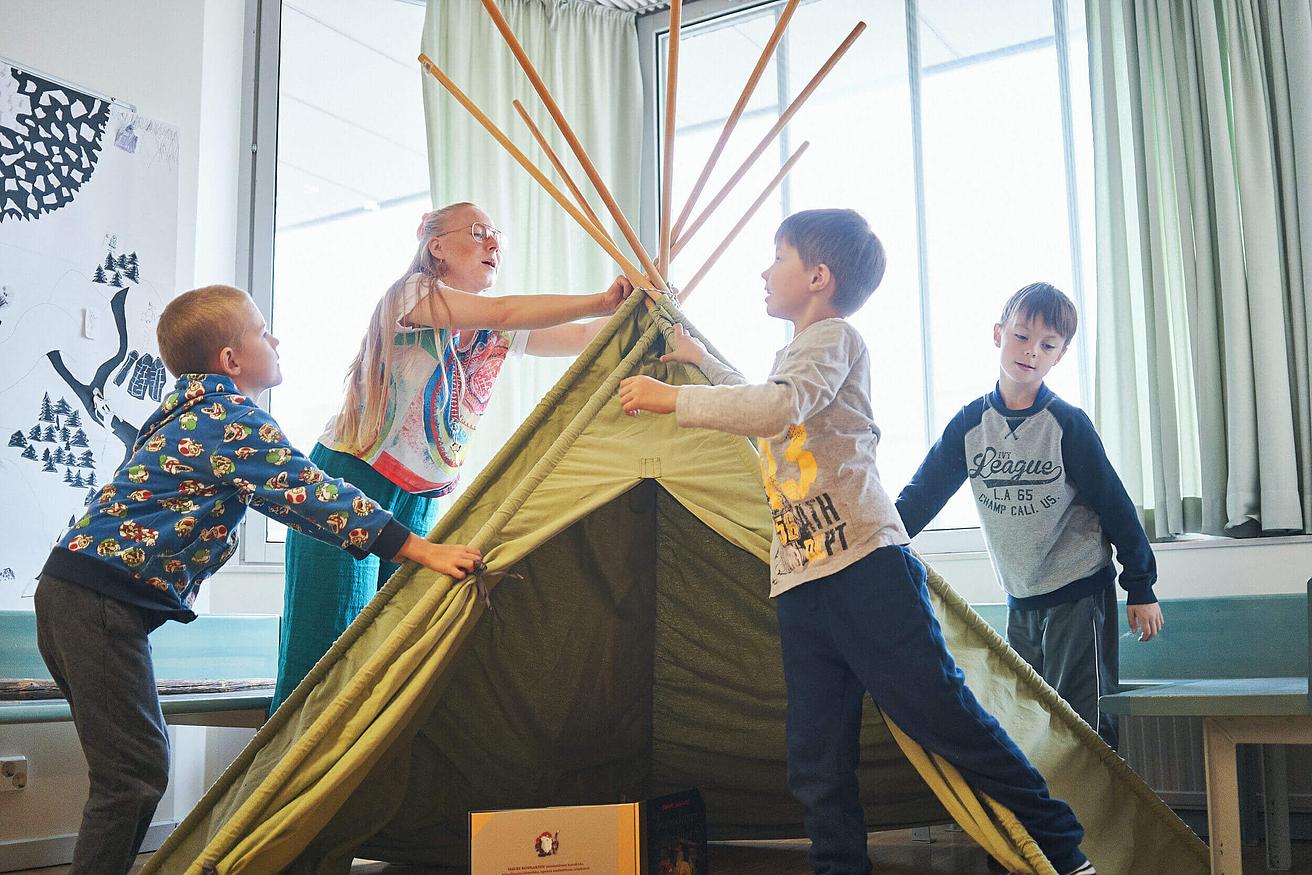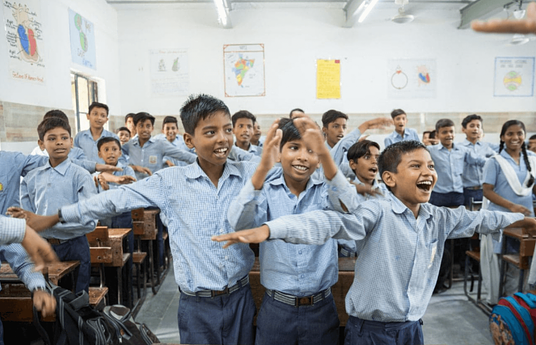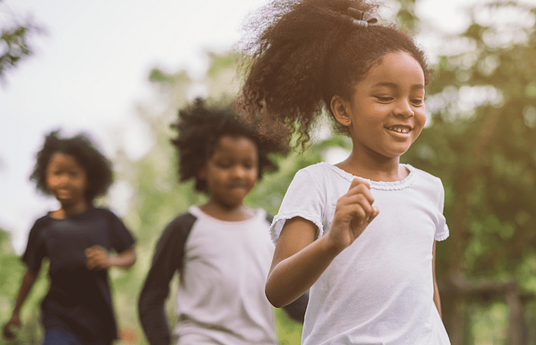"Innovations that focus on Social and Emotional Learning reduce burnout and stress in schools”, a new report by HundrED and Lego Foundation says. HundrED and The LEGO Foundation have joined together again to create the Social & Emotional Spotlight Report to identify impactful and scalable solutions that help parents and educators support the development of children’s social and emotional skills.
Social and emotional skills help us to handle our impulses, manage and speak about emotions, and build healthy relationships. And after the mass trauma caused by the COVID-19 pandemic, we all need these skills more than ever. But how can we increase social and emotional skills in children throughout the globe in a systematic way?
“Social and emotional learning is good for the child, good for the work - force and good for society”
Building on our 2020 Spotlight Report on Creativity, HundrED and The LEGO Foundation have joined together again to create the Social & Emotional Spotlight Report to identify impactful and scalable solutions that help parents and educators support the development of children’s social and emotional skills.
“Social and emotional learning is good for the child, good for the workforce, and good for society,” Anne-Birgitte Albrechtsen Chief Executive Officer at The LEGO Foundation says. The report finds that there is no shortage of innovation targeting the social and emotional development of students but warns that in order for these solutions to work, the emotional climate of adults, teachers, and caregivers must also be supported.
“Significant disruptions to schooling around the world caused by the COVID-19 pandemic have impacted learning for more than 1.5 billion students, revealing gaps in education systems and showing us critical areas that require focus. In an unprecedented way, the global pandemic has highlighted the importance of building social and emotional skills to help children thrive in school, the workplace, and life.“
In response to these challenges, policymakers, school administrators, and teachers are working to reconceptualise approaches to teaching and learning that help students develop skills for setting goals, managing behaviour, and building relationships within and beyond the classroom.
With this in mind, HundrED began seeking innovations that foster social and emotional skills in students, with special focus on Social and Emotional Learning (SEL) programs that ensure safe learning environments, foster caring and nurturing relationships, are responsive to learners’ needs, and integrate socio-cultural contexts. In addition, “the innovations should be intentional, active, and focused on fostering specific SEL skills in children 5-12.”
“In an unprecedented way, the global pandemic has highlighted the importance of building social and emotional skills to help children thrive in school, the workplace, and life.”
After exploring over 300 innovations supporting students' social and emotional development from 58 different countries, the report highlights approaches - ranging from ready-to-use apps and arts programs to curriculum and teacher professional development. The resulting list identifies 13 innovations from 10 countries, each of the highlighted innovations were chosen in part because of the inherent scalability and ease with which they could be adapted and replicated in different places around the world.
“The innovations selected for this spotlight have demonstrated improvement of SEL skills and classroom climate and an increase in mood and positive outlook amongst the children. They have reported reductions in violence from teachers and community leaders, and reported a positive change in teachers’ Social and Emotional Competence, and reduced stress and burnout,” the report says.
How can we increase social and emotional skills in children throughout the globe in a systematic way?
The report offers 5 recommendations for enabling conditions that can nurture successful SEL programs:
- Proving stimulating environments for play
- Creating daily routines
- Building teacher capacity and competencies
- Obtaining progressional assistance from psychologies to support teachers and schools
- Including context-relevant and sensitive curricula
The report acknowledges that there is much to be done to improve the implementation of SEL programs in education systems but hopes that the report will inspire policymakers, parents and teachers around the world to translate ambitious commitments toward social and emotional learning into concrete and systematic change. Because it is only by doing so that we can work towards a world in which every child can flourish in life - no matter what happens.




